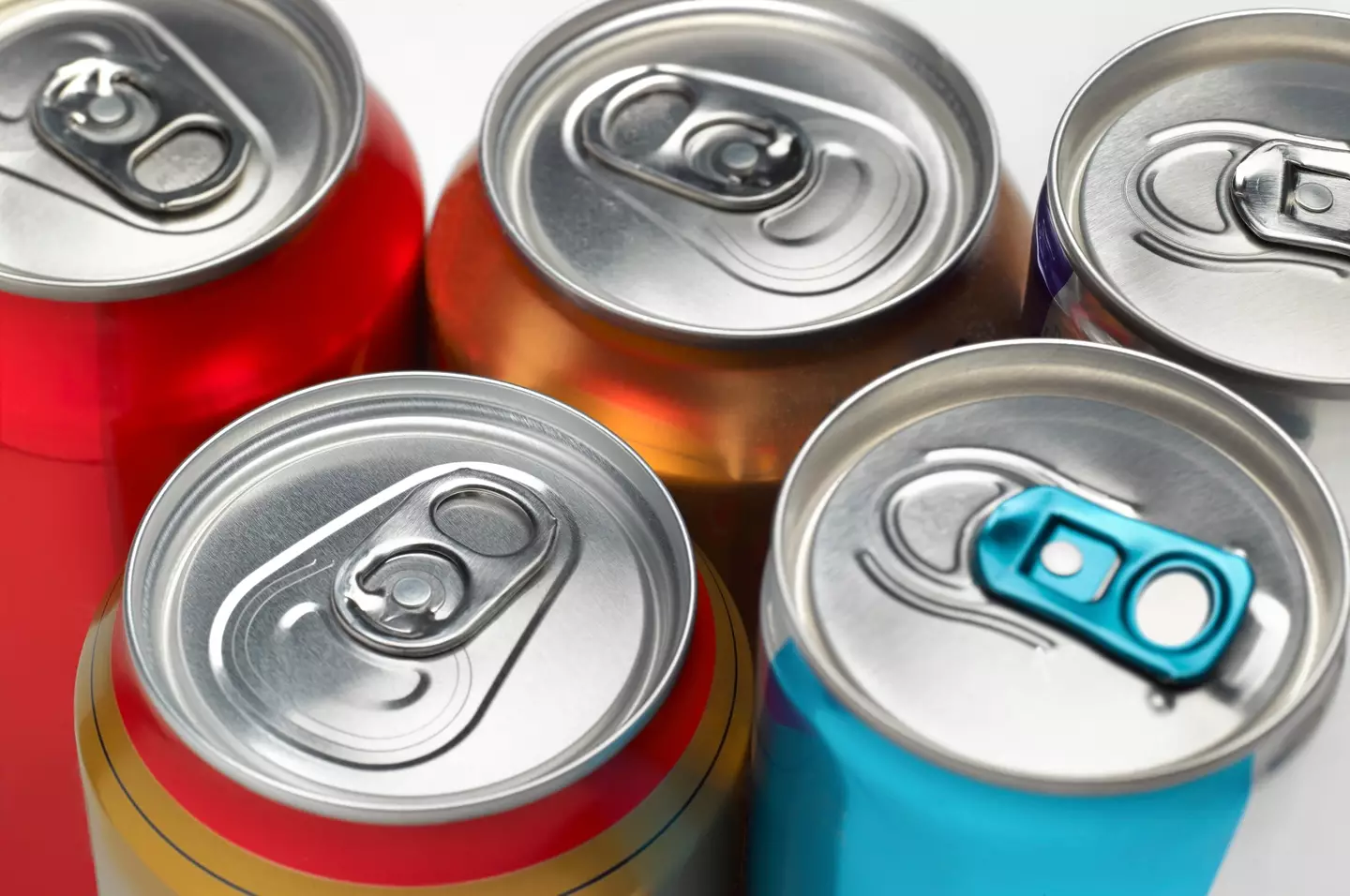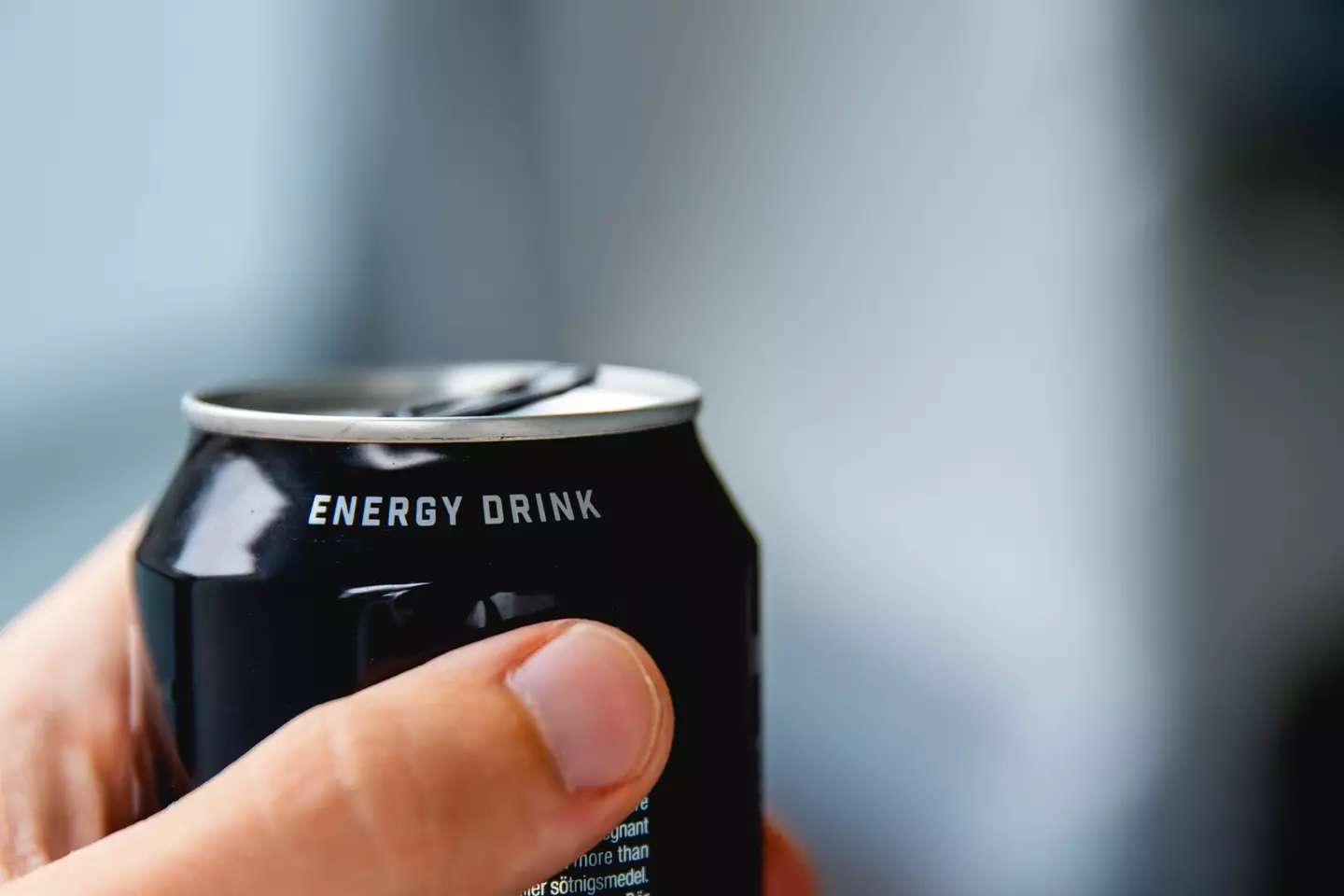An examination of the effects on the human body shortly after consuming an energy drink reveals concerning insights into their potential harm.
Although there is no federal mandate in the US regarding the minimum age for purchasing energy drinks, certain states have enacted their own rules. For example, Suffolk County in New York has banned sales to individuals under 18.
The American Academy of Pediatrics (AAP) advises that children below 12 should completely avoid caffeine, while those aged 12 to 18 should restrict their caffeine consumption to 100 mg daily.
Given that some energy drink cans can contain as much as 500 mg of caffeine—equivalent to about five cups of coffee, according to the Substance Abuse and Mental Health Services Administration (SAMHSA)—it’s understandable why children are advised to steer clear of these beverages.

Understanding the timeline of how energy drinks affect the body helps highlight their impact.
According to a graphic featured in the Daily Mail, caffeine from an energy drink enters the bloodstream within just ten minutes, which can lead to increased heart rate and blood pressure.
Fifteen minutes after consumption, increased alertness and improved concentration can be observed.
About an hour later, a sugar high from the drink is at its peak, but it is soon followed by a crash.
People who frequently consume energy drinks might experience withdrawal symptoms 12 to 24 hours after their last drink.

After 12 hours, caffeine begins to exit the bloodstream, though factors like age and lifestyle influence the rate at which this happens.
Withdrawal symptoms such as headaches, irritability, and constipation may occur.
“Caffeine is a crafty drug that temporarily blocks adenosine [a chemical involved in how tired we feel] pathways, giving you a boost while allowing ‘feel good’ molecules in the brain – such as dopamine – to be released more readily,” explained Dr. Stuart Farrimond, a science communicator and food researcher, to The Daily Mail.
For those seeking alternative ways to enhance energy levels, there are other methods available.
The American Heart Association suggests increasing protein and carbohydrate intake, while Healthline recommends taking naturally available vitamins like magnesium to assist the body in energy production.

